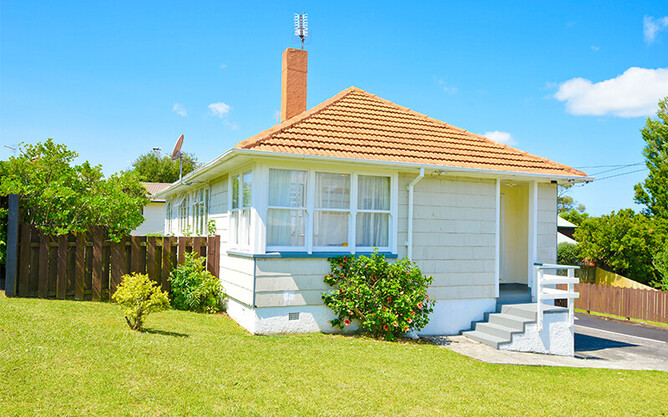This is the headline from an October 2024 RNZ article - 'More than 50,000 property investors making losses'. https://www.rnz.co.nz/news/business/529846/more-than-50-000-property-investors-making-losses
While this may surprise you, it is old news to us.
As the RNZ article states, the average loss on these 53,350 taxpayers rental properties was $9,020 pa. This was when 75% of interest costs could be claimed as an expense (it is now 100%, but mortgage interest rates are higher).
People are investing for the purpose of generating a capital gain (which is not taxed), even though investing for that purpose does create taxable income. But markets don't always go up. They have gone down in the last few years. The current Government is promising to 'flood the market' with properties (not sure how that is going to work out), which would keep prices down more.
In New Zealand the default investment is to buy a residential rental property. Little analysis other than 'do I like this house', little planning on how 'you are going to make money out of the investment' and 'how are you going to take money out of the investment'?
These are our two core questions (and have been for nearly 28 years) when we are looking at investments and talking to clients about investments.
Buying a residential investment property is considered to be a no brainer because you:
Don't get taxed on the capital gain (and the way the political system in NZ works, we can't see that changing in the near future).
You can theoretically get other people to pay off your mortgage.
You can now (again) get tax deductions for the interest that you pay on the mortgage.
You can see the bricks and mortar.
What is not taken into account seriously (usually, there are some investors who do) is:
What happens when your tenant
Damages your property - worse case, meth lab residues
Doesn't pay rent
Vanishes
Wants a replacement item replaced now (and you don't have the ready cash, and worse they are way behind in rent - happened to us with a stove many years ago) and the law says you have to replace it.
How much are you going to have to prop up the property from your earnings to 'make money' from it? Will the rent cover the rates, insurance, maintenance, mortgage interest and mortgage principal? When we started Moneyworks (1997) for about 7 years it was possible to have the tenant pay off your mortgage. We have only seen a handful of situations since then where the tenants actually pay off the mortgage.
How are you going to 'take' your money out of the property when you need it to live off? You can't eat bricks......
When you do the analysis and look at the rental income, less the costs (rates, insurance, maintenance and mortgage interest rates - all of which have increased in price in the last 3 years, often by a large margin), how much do you have left over? What if you don't have a mortgage any longer and only have rates, insurance and maintenance?
How much of a return are you going to get after costs on the equity on your property? 3% or so - how will that top up your New Zealand Super income to provide your living costs in retirement?
Would you be better off selling the property, investing the money in a diversified portfolio and drawing down the capital and earnings and having a much better lifestyle. This is the conclusion many people come it.
Summary
If you are getting closer to retirement, it is probably time to think about whether having that rental property as a retirement asset is going to work for you or not. It will limit the funds available to you (and bricks don't taste great apparently).
Let us know if you would like more information on how you could sell your investment property and get the money working for you to give you a financially comfortable retirement (PS you don't have to be retired to make this decision).


